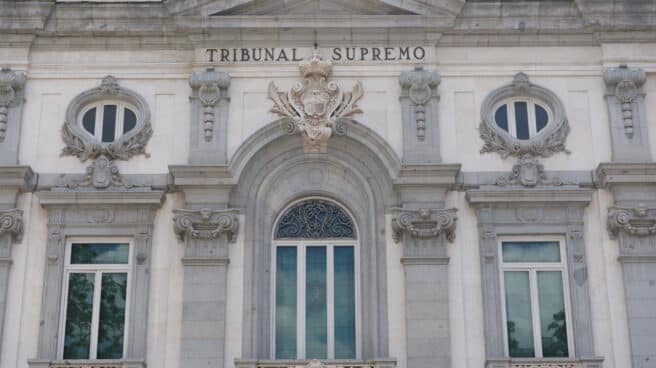

Supreme Court facade
He Supreme Court (TS) supported the veto of tourist apartments in owner-occupied communities whose bylaws expressly prohibit the use of homes for economic activity.
The judges concluded that rental housing for tourist use This is an economic activity, so two communities of owners have agreed: one in San Sebastian (Basque Country) and the other in Oviedo (Asturias). They have now ordered to stop renting out several apartments to tourists.
In two sentences collected Europe PressThe Civil Chamber explained that in none of the cases considered is the application of the new norm of the Law on Horizontal Property, which provides that an agreement that limits or conditions the implementation of this activity requires a positive conclusion of three votes. – fifths of the total number of owners – but determine whether there is a prohibition in the community bylaws on the use of apartments for tourism purposes.
In the case of a building Oviedo, the court explained that where a corporate charter applies, there is a prohibition, the validity of which is not in dispute, that no professional, business, commercial, or commercial activity of any kind may be conducted on individual floors of a building. ; leaving its use exclusively for residential premises.
Clear restrictions
In the San Sebastian case, the judges emphasized that “the rental of accommodation for tourist use is an activity subject to statutory prohibition.” As he emphasized, this is an economic activity comparable to the activities listed in the fifth rule of the Charter, “all of which are characterized by uses other than residential and in which there is a commercial, professional or business component.”
In this sense, the court recalled that the applicable rules of the tourism sector “explicitly” highlight the difference that involves the marketing of tourist stays in houses, short-term accommodation or houses offered for holidays, with rental housing.
Thus, the Supreme Court concluded that this interpretation was consistent with the Chamber’s jurisprudence that “limitations must be clear, precise and expressly expressed.”
In his opinion, “the inclusion of tourism activities in the legislative ban is perfectly consistent with its letter and spirit, which is nothing more than a ban on the implementation of economic activities of a commercial, professional or business nature in residential buildings, as is the case with tourist apartments “
Source: El Independiente